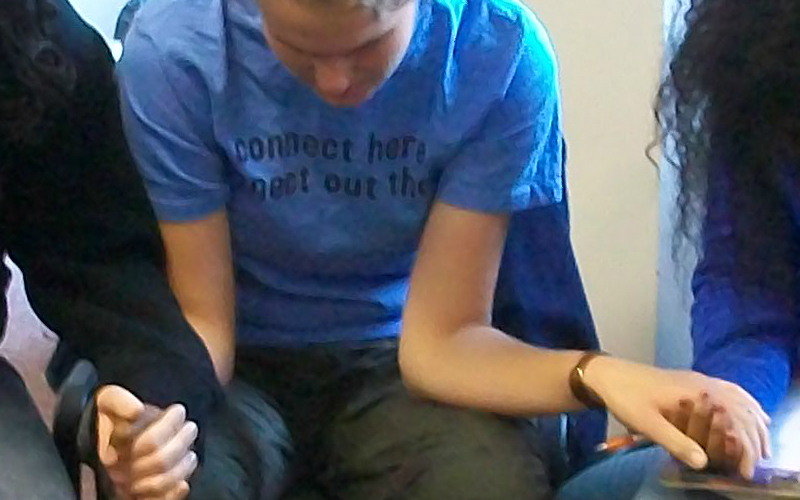A recent report ("The Company They Keep: Organizational and Economic Dynamics of the BDS Movement") reveals that the anti-Semitic and anti-Israel "Boycott, Divestment and Sanctions" (BDS) movement – which is particularly concentrated in higher education – was initiated by leftists in American academia. As that report explains, the movement "promotes a one-sided narrative that demonizes the Jewish state while disproportionately amplifying narratives of Palestinian grievance and Arab victimhood."
Report author Ian Oxnevad of the National Association of Scholars writes that while the success of the movement on campuses is "mixed," it is well-funded and growing in influence – and anti-Israel professors "are instrumental in animating and organizing" the BDS movement.
According to Oxnevad, one of the more damaging effects of the movement is its impact on free speech. The NAS senior fellow explains that more often than not, Jewish students and those who support Israel exercise what he calls "self-censorship."

"… Anyone who supports Israel and speaks out, whether they're Jewish or not, they can get vilified on college campus – and many people essentially just keep their mouth shut," he laments.
His report examined in-depth how the BDS movement has evolved on the campuses of three universities: Columbia University, The Ohio State University, and the University of California-Riverside. Oxnevad writes:
"At both Columbia … and OSU, where BDS resolutions succeeded and failed, respectively, off-campus support and activism helped determine the final result. Pro-BDS efforts failed at OSU largely due to the activist infrastructure built by the school's Hillel chapter, which amassed support across the student body and beyond the campus community. Conversely, Columbia's successful BDS resolution cannot be divorced from prominent anti-Israel figures on the university's faculty, and the work of national BDS groups such as Jewish Voice for Peace … and [Students for Justice in Palestine] ….
"At UCR, pro-BDS students succeeded in passing resolutions and securing campus victories by means of persistence and by directly approaching bureaucracies on campus."
Oxnevad contends that Jewish students on U.S. campuses fail to effectively push back against the BDS movement. "They don't have that same organizational impetus – they don't attempt that, they don't have pressure campaigns," he tells AFN. "But at Ohio State University, the pro-Israeli students did – and they were very successful at it."
He points out, however, the BDS movement has been largely unsuccessful at convincing colleges to divest their portfolios from companies associated with Israel.














